Last week, the annual CES 2025 (Consumer Electronics Show), organised by the Consumer Technology Association (CTA), took place in Las Vegas. It is one of the most significant technology events in the world and sets the technology trends for the coming year. Read on to find out what’s in store for us in the world of consumer technology in 2025.
CEShow: The place where the future begins
Nearly 4,500 exhibitors, including industry giants and ambitious startups, presented their visions of the future in more than 2.5 million square feet, offering a glimpse into how technology will shape our lives in the coming years. For 80% of these startups, CES 2025 marks their debut on this global stage.
The event included more than 300 conference sessions, including leading tracks and stages like CES Creator Space, Digital Health Summit, Great Minds, Innovation Policy Summit, and Research Summit.
Traditionally, CES Media Days kicked off at Mandalay Bay on 5-6 January before the show’s official opening. Leading brands held 19 press conferences to advertise and generate global media coverage.
This year’s press conferences featured six CEOs from companies such as AMD, Bosch, HDMI, Hisense, Invo Station, John Deere, LG Electronics, National Sleep Foundation, OnMed LLC, Samsung, SHOKZ, Siemens, Sony, Sumitomo Rubber Industries, TCL, TomBot, Toyota, Variowell and Zeekr.
Artificial Intelligence: The Heart of Innovation
AI dominated CES 2025 with advancements that promise to reshape industries and improve lives. From personal assistants capable of understanding nuanced human emotions to supply chain optimisation tools, AI showcased its versatility and transformative potential. For businesses, the focus is on enterprise and productivity. But for individuals, it is about personalisation.
Google revealed the latest version of the Google TV operating system with integrated Gemini AI. The devices with this system AI can detect and respond to human emotions in real-time, setting a new benchmark for personal AI.
The undisputed highlight of the show was Nvidia CEO Jensen Huang’s keynote. Huang painted a broad vision of AI’s role in various industries, from robotics to healthcare to automotive. His message was clear: Nvidia is not just a chip maker but the king of the AI revolution.
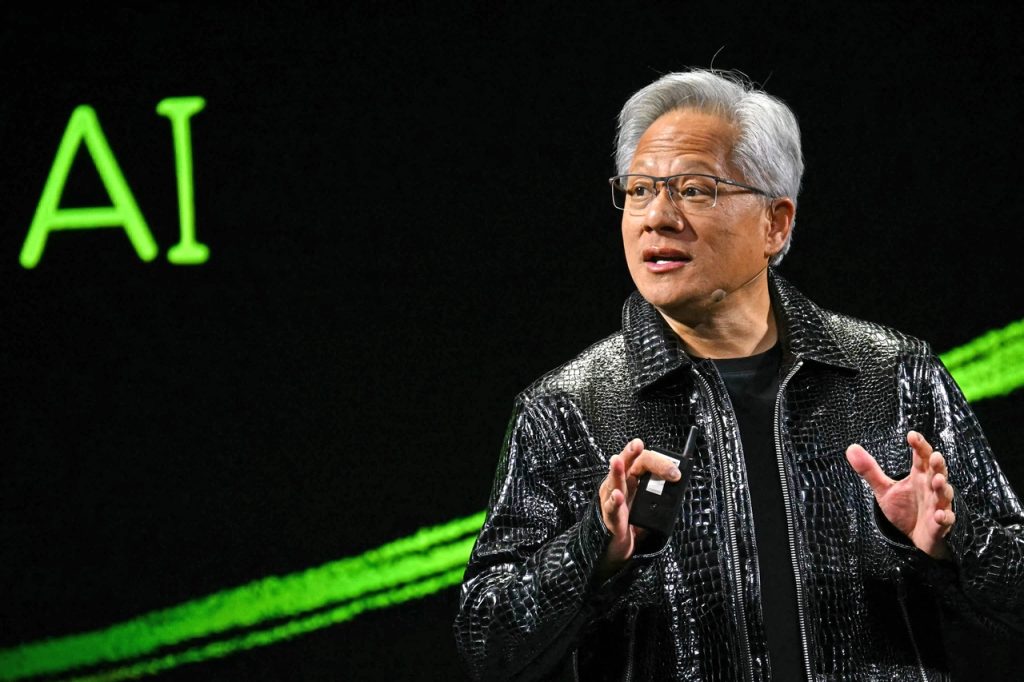
Samsung’s AI-powered TVs can connect to other smart home devices, providing real-time safety alerts. They can even summarise your pet’s bad behaviour when you return home.
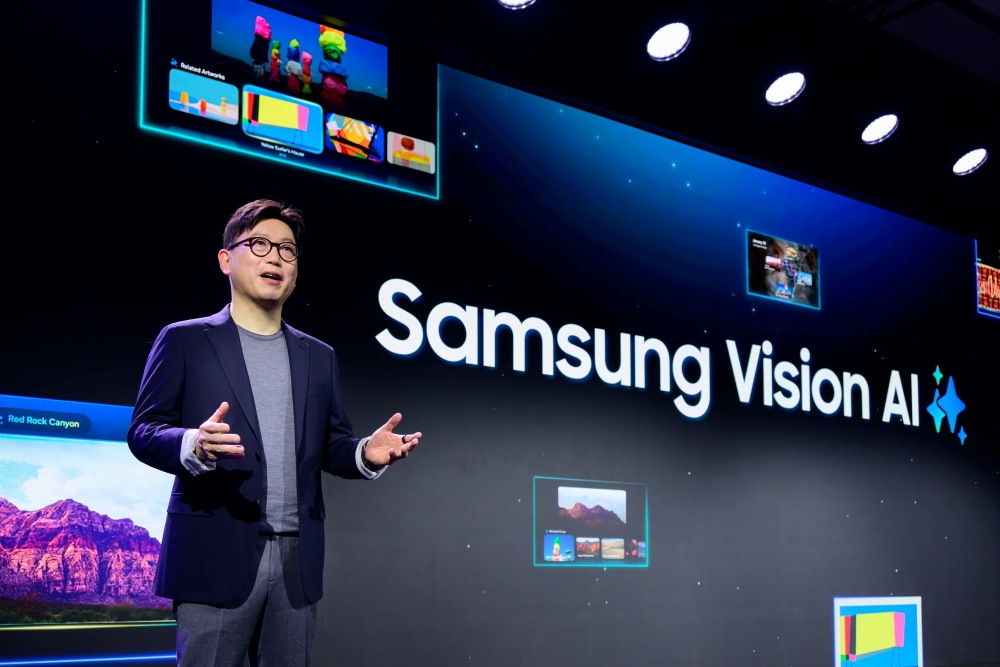
Compared to CES 2024, this year’s AI innovations were less conceptual and more market-ready, signalling a critical shift in the tech ecosystem.
Aerospace: Expanding the Final Frontier
The aerospace industry made a strong showing at CES 2025, with technologies aimed at democratising access to space.
Xpeng Aero HT, the aerospace company of Chinese startup Xpeng, unveiled its ‘modular flying car’ Land Aircraft Carrier. It’s essentially an electric minivan with a small folding eVTOL (electric vertical take-off and landing) vehicle hidden in the back that can be rolled out and launched into flight.
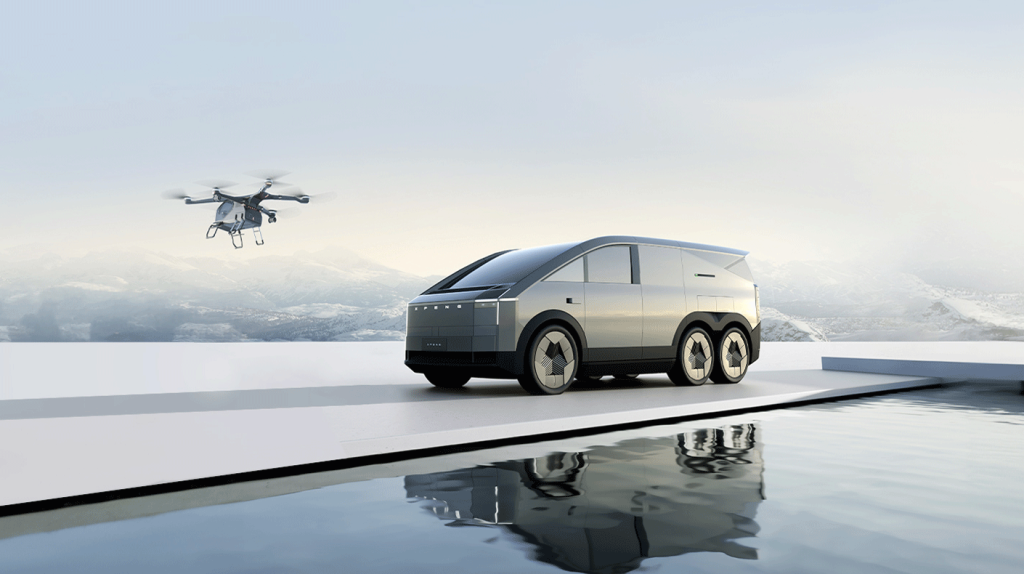
Honeywell and NXP Semiconductors N.V. announced at the show an expanded partnership that will accelerate aviation product development and pave the way for autonomous flight. The companies will join forces to develop large-area displays for next-generation cockpits with thinner, high-resolution screens designed to improve image clarity and system efficiency.
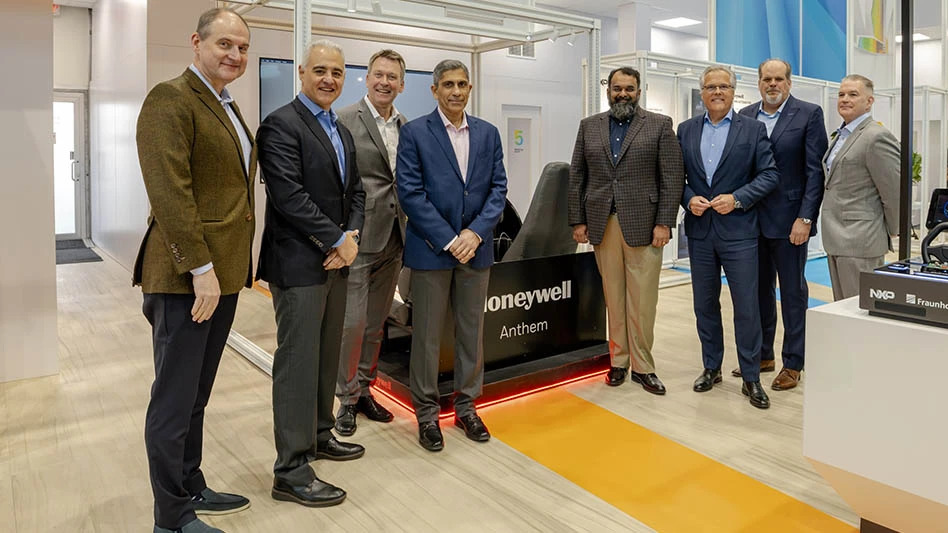
Siemens announced an agreement with aviation startup JetZero to collaborate on developing and producing revolutionary blended wing aircraft. JetZero will use Siemens Xcelerator’s open digital business platform to design, manufacture, and operate its new aircraft.
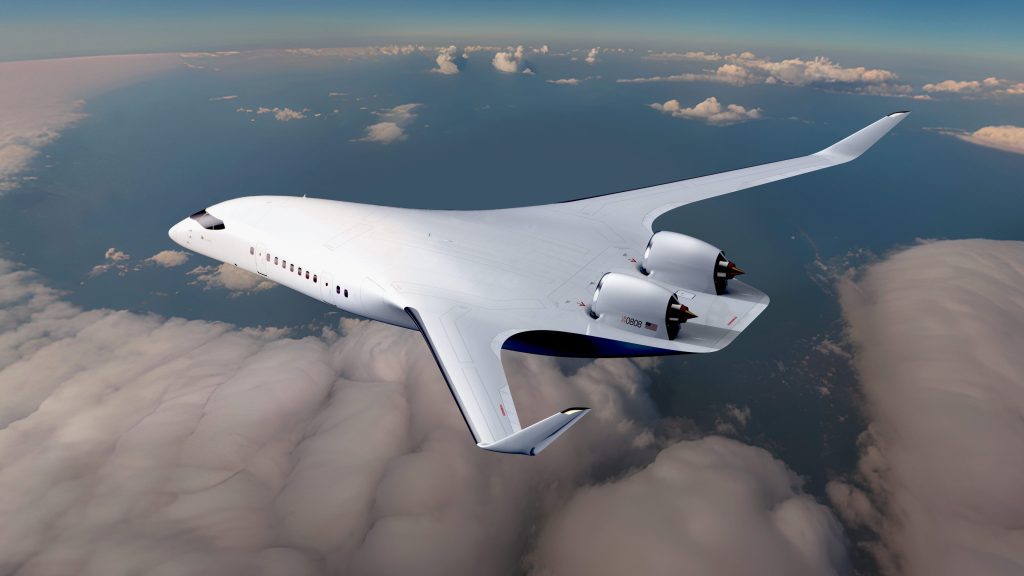
These developments align with the growing trend of private sector involvement in aerospace, signalling a future where space is more accessible than ever.
Sustainability: Green Tech Takes Center Stage
With the pressure on businesses to develop sustainable products and reduce their carbon footprint growing stronger yearly, CES 2025 made it clear that sustainability is no longer a niche issue but a driver of innovation.
Samsung presented its latest modular smart home system, designed to maximise energy efficiency and minimise waste with its repairable and upgradeable components.
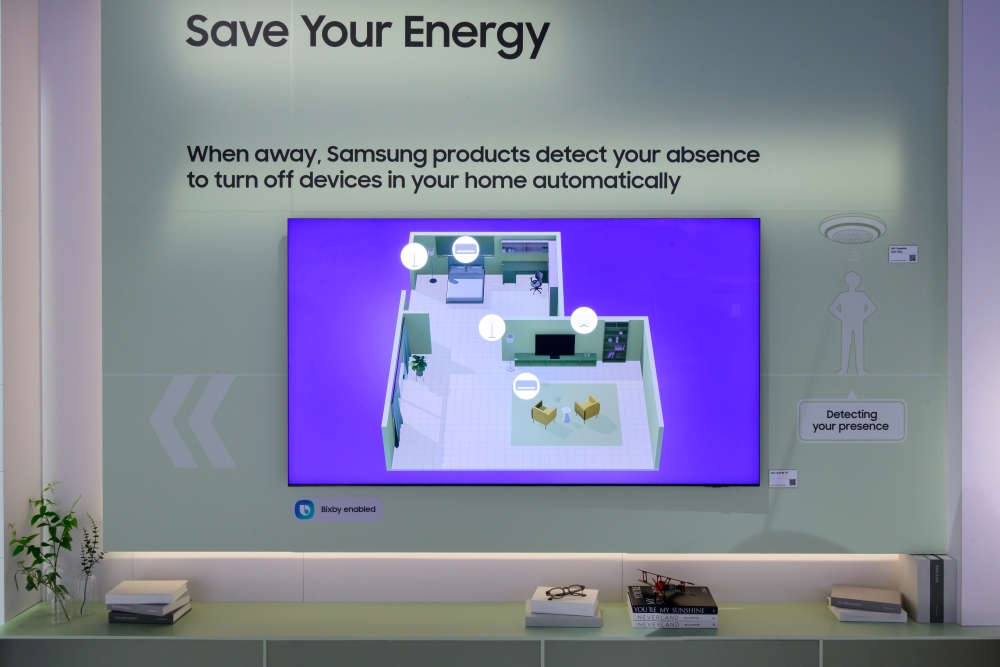
Dutch firm LV Energy BV generates electricity through sound and vibration. They offer patented technology for a revolutionary method of harvesting electricity from ambient sound sources. This is the next major step in sustainable energy production to support global energy transition goals.
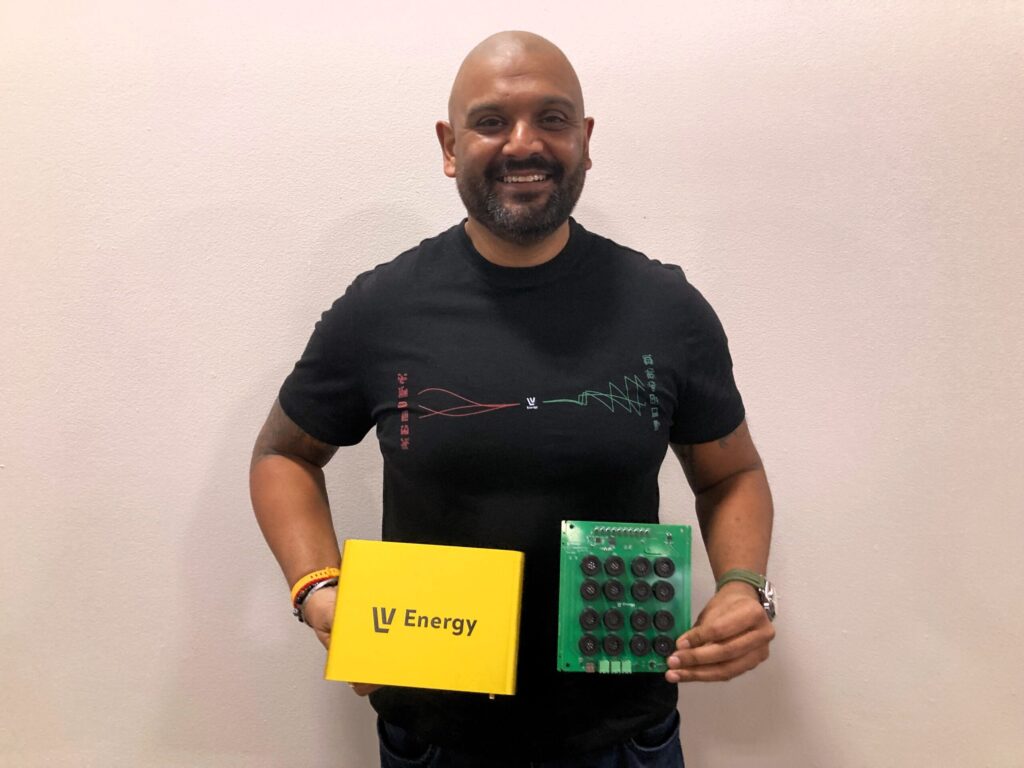
DataGreen, a French firm, aims to build smaller and greener data centres powered by renewable energy, which would save technology companies money by reducing storage costs.
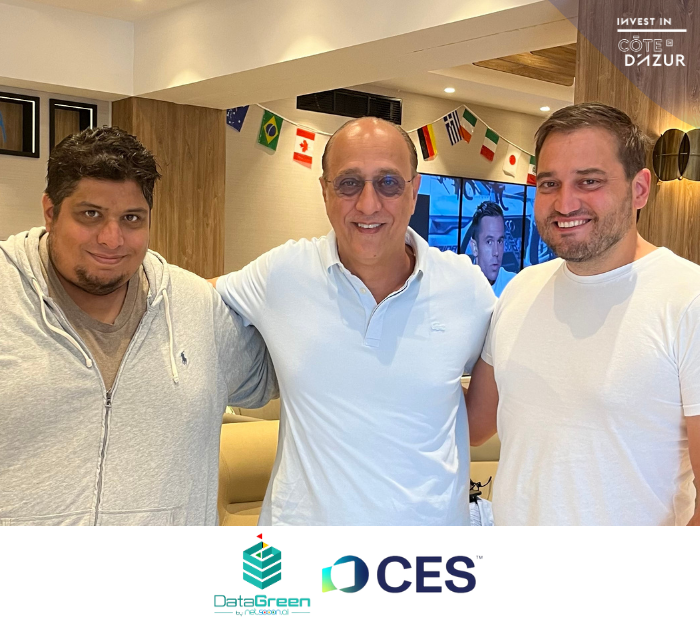
These innovations reflect a growing commitment to mitigating climate change through technological progress, which gained momentum over the past year.
Healthcare: Innovations for a Healthier Future
Breakthroughs in healthcare technology took centre stage, emphasising accessibility and precision.
Samsung has introduced a magic mirror—the Micro LED Beauty Mirror—to help you fine-tune your skincare game. It scans your face with artificial intelligence to analyse wrinkles, pores, redness, and melanin.
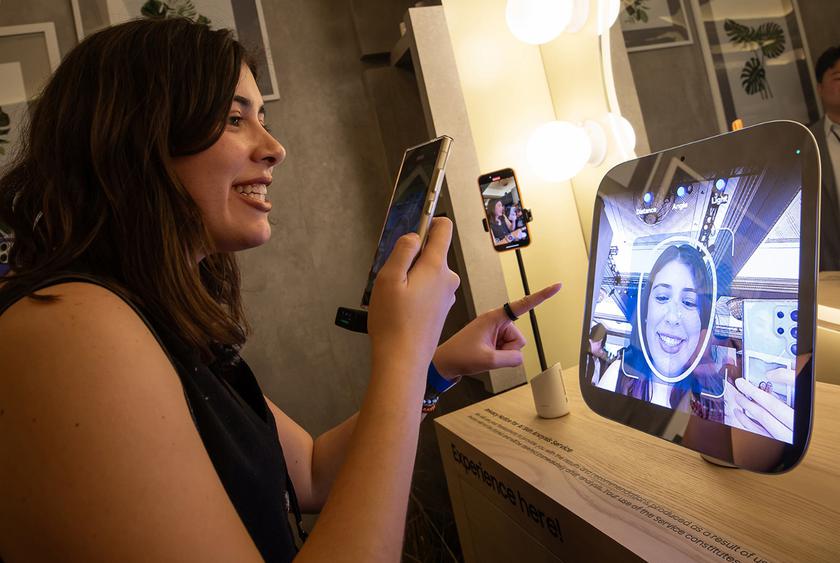
OnMed, a hybrid care technology company, debuted its OnMEd CareStation, also known as a ‘Clinic-in-a-Box’ solution. This solution offers immediate and comprehensive care for low-income populations.
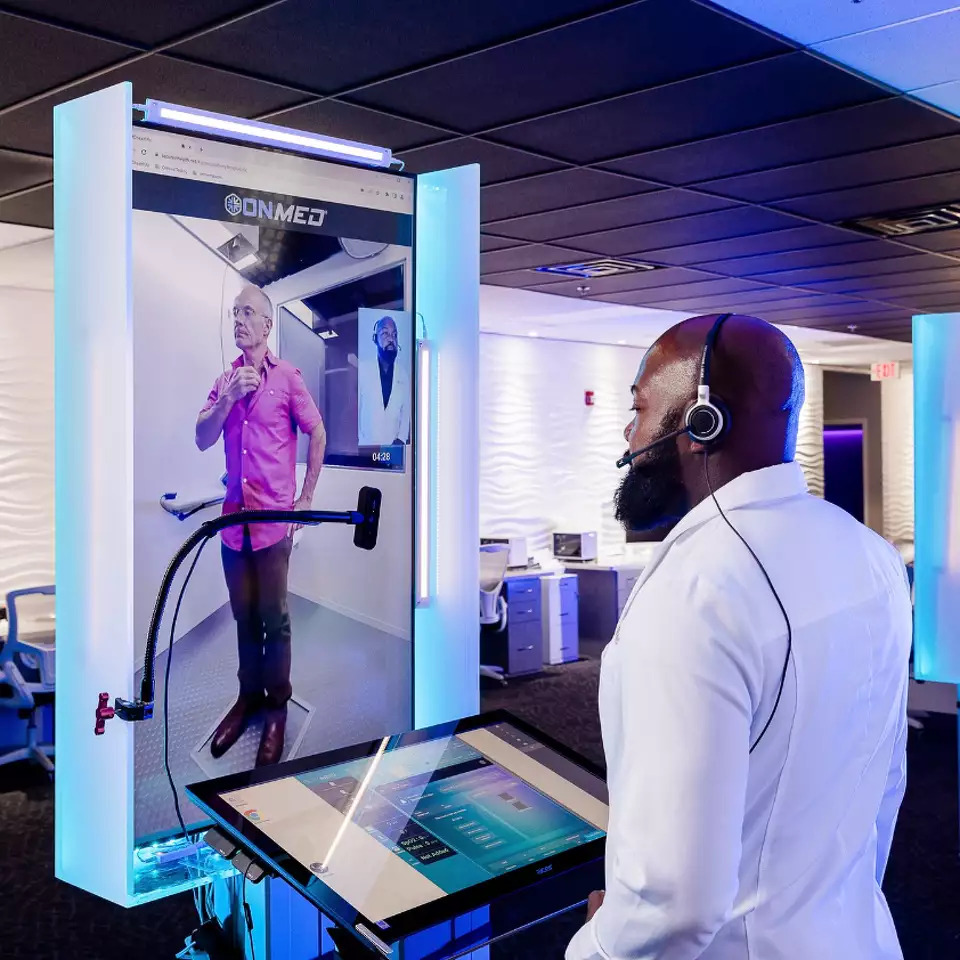
Myant Corp unveiled its Skiin Active Electroosmotic Membrane Jacket and Skiin Cardiac Monitoring smart clothing that were selected as Best Innovation and Honourable Mention at the CES 2025 Innovation Awards, respectively. Skiin clothing incorporates textile sensors for real-time heart health monitoring, offering a seamless medical-grade solution integrated into everyday clothing. The innovative textile computing pump technology also presents significant potential for wound care, drug delivery, and other medical applications.
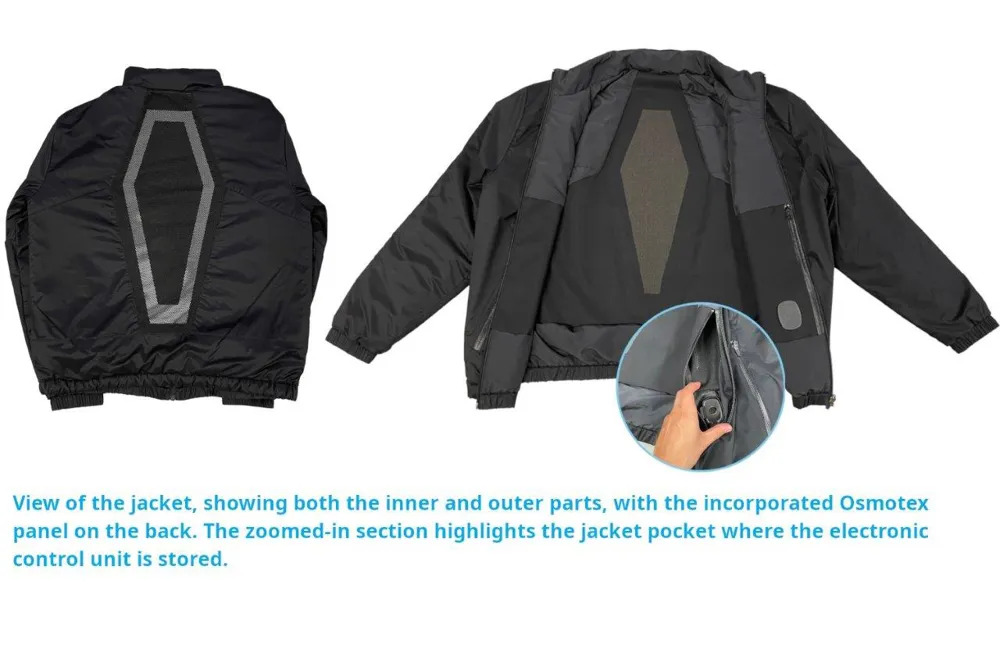
CES 2025 beauty and personal care award winner FlowBeams, a healthcare technology company, has unveiled its BoldJet needle-free injection technology. The technology, which relies on laser cavitation to create fast microfluidic jets, could be used for painless delivery of vaccines, insulin and aesthetic cosmetics such as Botox.
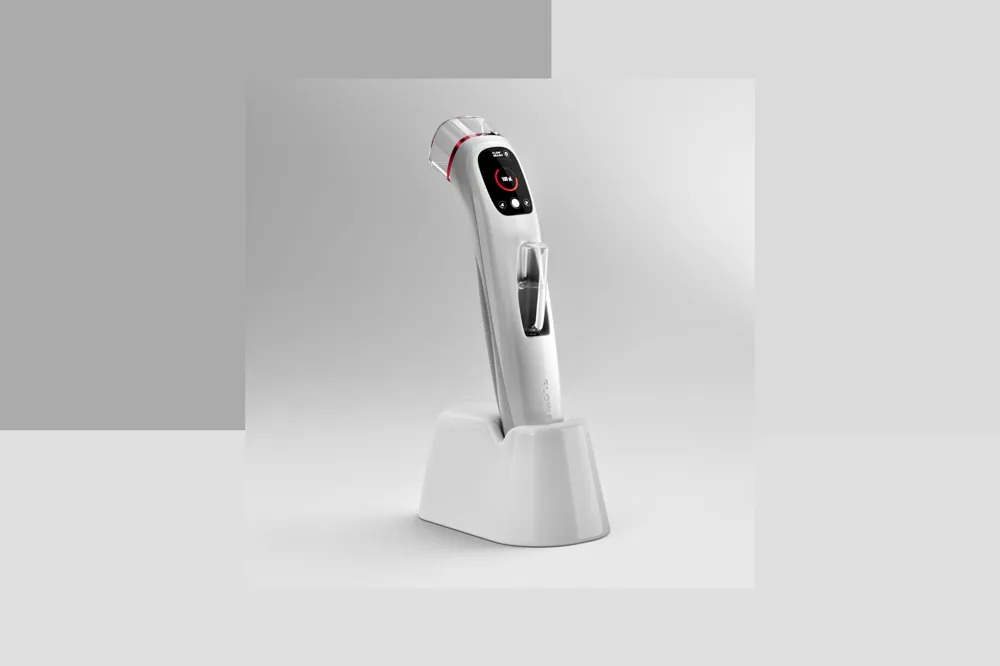
Compared to CES 2024, this year’s healthcare advancements focused more on scalability and immediate impact, addressing consumer and systemic needs.
Human-Centric Design: Technology for Everyday Life
Human-centric design was a recurring theme at CES 2025, with products emphasising usability, personalisation, and seamless integration into daily life.
Tokyo-based Jizai has unveiled its ‘Mi-Mo’ general-purpose robot, which looks like a cross between a spider and a bedside table. Mi-Mo’s sensory features, which include ‘eyes’, ‘ears’, ‘mouth’ and legs, allow it to interact and naturally communicate with users. His primary function is to be an interlocutor designed to communicate with people of all ages, including children.
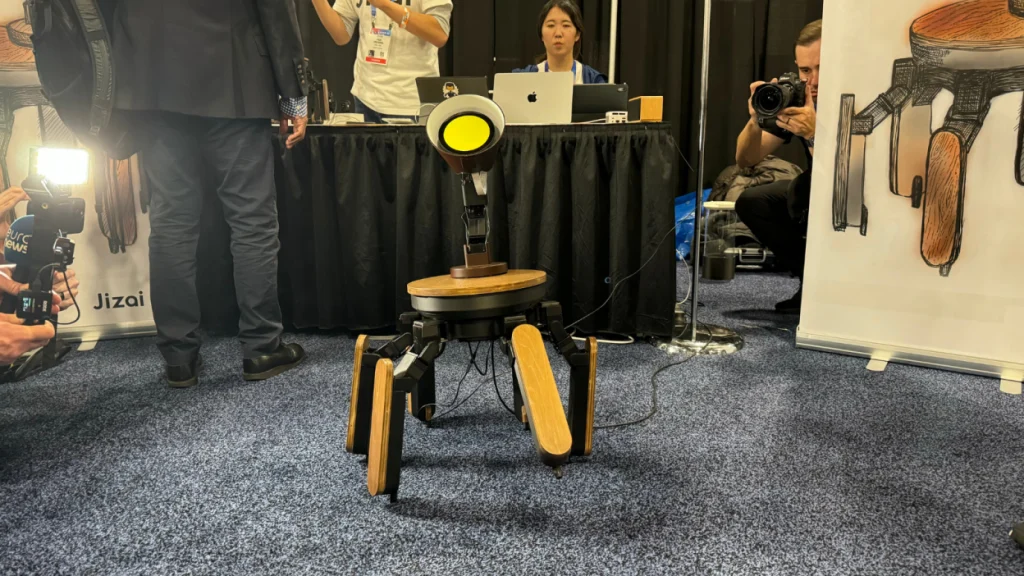
Kirin has unveiled a spoon that uses a light electronic current to make food taste saltier without adding sodium, addressing global health issues related to salt intake and improving dietary control.
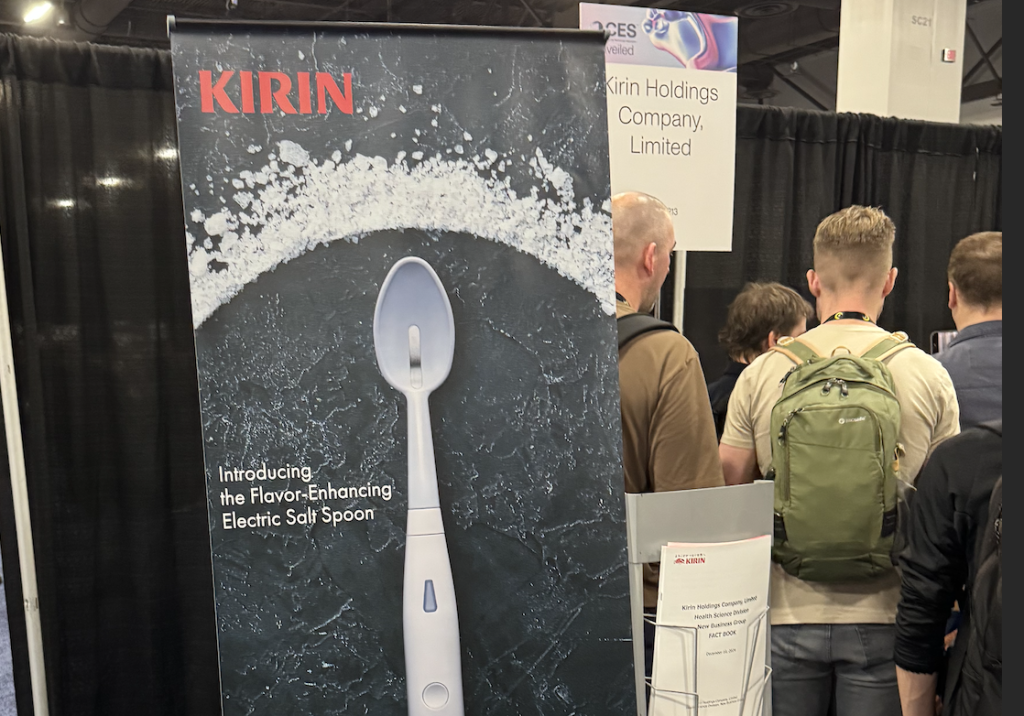
Nike has partnered with Hyperice, a fitness recovery technology company, to create tech shoes that can help recover from foot pain. First used at last year’s Paris Olympics, the Nike x Hyperice shoes (no longer the official name) are worn on the foot, heat, and compression with buttons for adjustability.
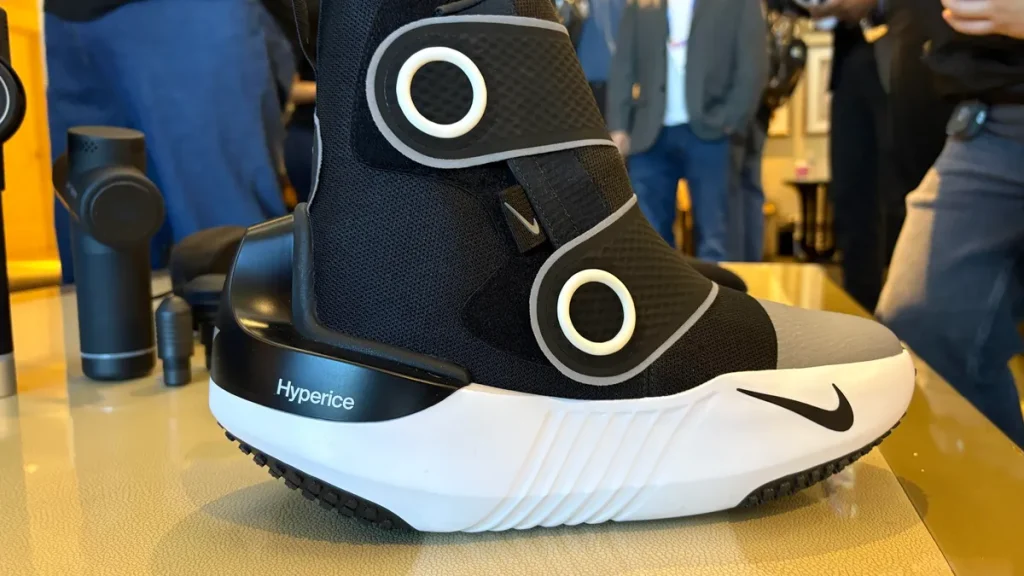
Robotics company Enchanted Tools has demonstrated its Mirokai robot. This name comes from the Japanese words ‘Miro’ and ‘Okai,’ which mean ‘to see beauty in another.’ Mirokai is portrayed as a robot and a ‘character’ who can be friends and make sensitive people feel less lonely. Mirokai uses several artificial intelligence systems to interact with users, navigate autonomously, and solve logistical problems even with untrained humans.
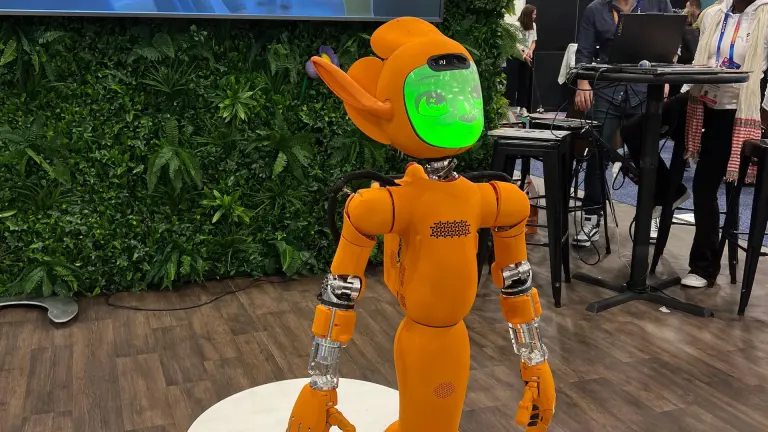
This shift reflects a maturing industry that prioritises user needs and values over purely technical achievements, ensuring that innovation is meaningful and accessible.
Conclusion
CES 2025 delivered a powerful message: the future is being forged at the intersection of technology and humanity’s most urgent needs. This year’s innovations—from AI advancements and sustainable solutions to revolutionary transport and healthcare technologies—showcased a global industry intent on driving meaningful change.
As the tech world pushes boundaries, it embraces accountability, focusing on solutions aligning with societal and environmental priorities. CES 2025 was not just an exhibition of cutting-edge gadgets; it was a blueprint for how technology can improve lives and address challenges on a global scale. The future is here, and it’s more inspiring than ever.